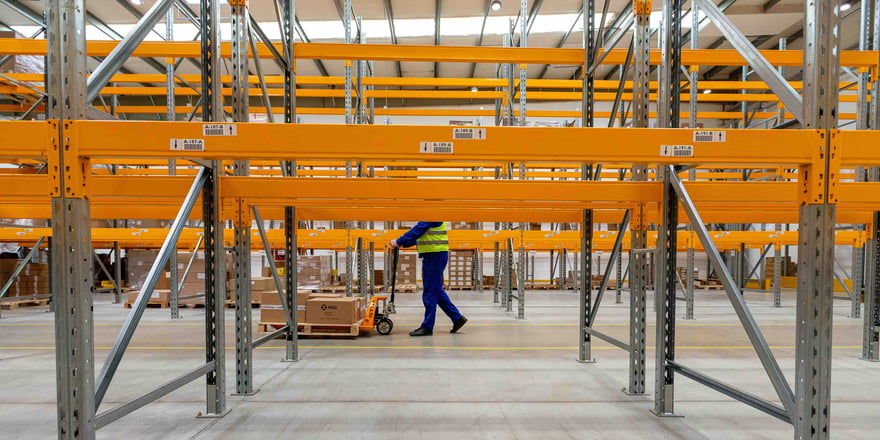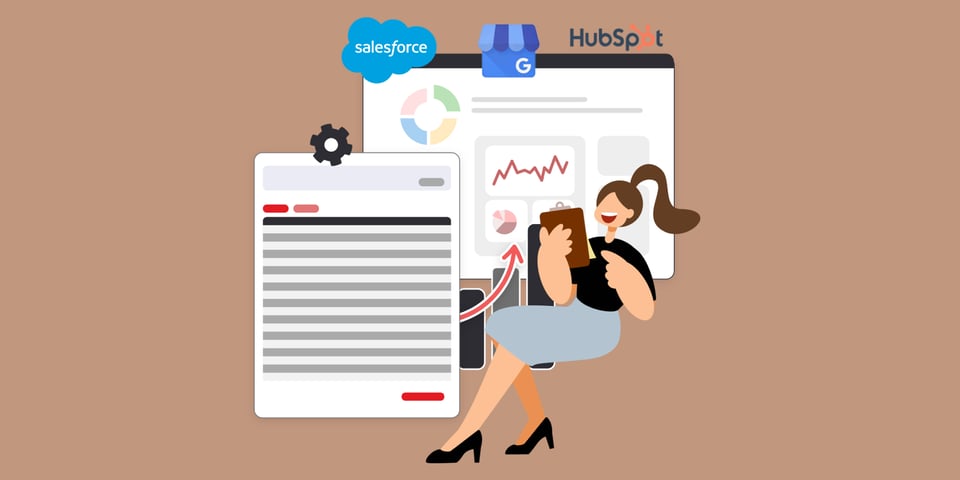Looking for ways to improve customer experience and streamline workflows in your building materials company?
If so, a customer relationship management (CRM) system is the answer.
A CRM is a platform where you can store customer data, track interactions, and manage leads.
This enables you to share acquired information between colleagues, as well as use the data for tailored marketing campaigns.
CRMs are important in managing customer relationships. Building materials manufacturers that are equipped with CRM technology are often more effective in communication with their customers and potential new customers. They also convert more leads, on average, which results in more profit.
The CRM market is a fast-growing subset of the SaaS industry, and is expected to grow at a rate of 14% between 2021 and 2027.
What exactly is fueling this growth?
The Benefits of a CRM for Building Materials Companies
Most building material companies use CRM software for managing customer data and driving profit.
“Without a CRM system, 79% of marketing leads are never converted to sales.” (Salesforce)
The benefits of implementing a CRM for building materials manufacturers are:
- Better customer service
- Increased productivity
- Management and conversion of leads
- Increased sales
- Detailed analytics
- Internal accessibility of customer data
- Forecasting
- Improved marketing strategy
Some CRM technologies are best for small businesses, and others are designed to meet the complex needs of global organizations.
So, what is the best CRM for building materials companies?
The Top 5 CRM Solutions for Building Materials Companies
1. HubSpot CRM
HubSpot is a popular solution that is suitable for both small companies and big teams. Nearly 114,000 customers across more than 120 countries use HubSpot’s powerful tools for their customer interactions. (Hubspot)
HubSpot automatically tracks all the communication with clients, thus eliminating the extra admin work and streamlining the selling process.
The platform’s simple interface fulfills all main functionalities such as client tracking, forecasting, project management, and scheduling.
HubSpot is easy to use and doesn’t have complex options that can sometimes be confusing in other bigger-scale CRM systems.
Implementing HubSpot functionalities will generate revenue for your building materials company and eliminate headaches for your sales team. There are different pricing options, so it’s easy to find the right package, no matter how big your business is.
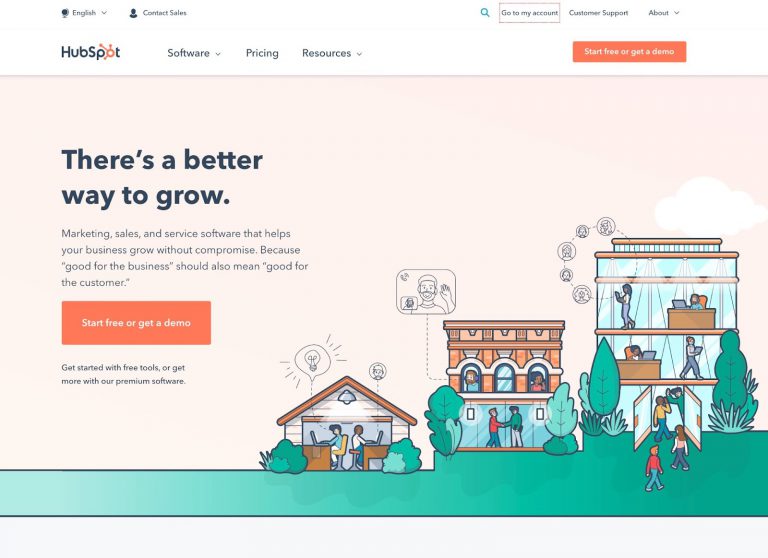
2. Salesforce
Salesforce is one of the most renowned CRM systems in the industry, with an impressive 19.8% share of the CRM market. (Backlinko)
The company owes its popularity to the wide range of complex features that cannot be compared to any other CRM software.
Salesforce will help your building materials company manage clients from the initial consultation to final project completion. It empowers construction businesses with managing the relationship with not only the clients, but also suppliers and partners.
Advanced Salesforce features include workflow creation, opportunity tracking, collaboration tools, customer engagement tools, and extensive analytics.
The platform can streamline the workflows of your employees, (organize the employee onboarding), as well as reduce project-related stress with optimized real-time data.
The caveat is that many of Salesforce’s complex features make for a complicated end user experience than simpler CRM systems.
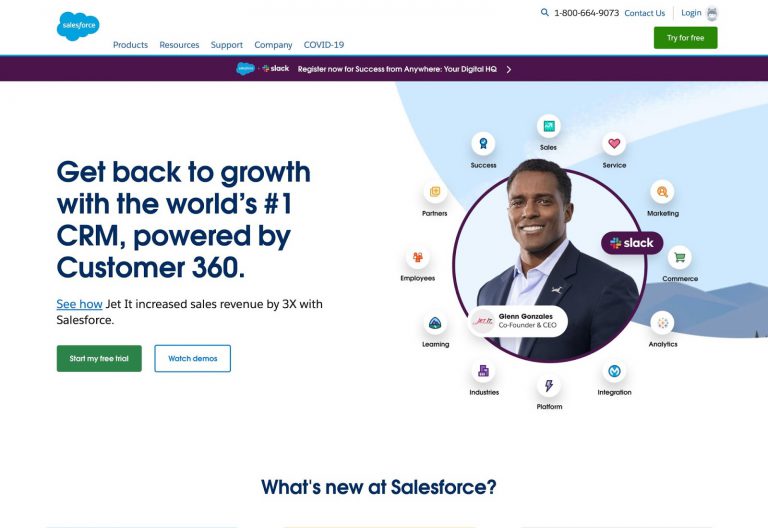
3. Zoho CRM
Zoho CRM is a cloud-based software that empowers a global network of over 150,000 businesses in 180 countries (HelloLeads). The platform automates data entry, tracks leads, generates invoices, and integrates third-party apps.
You can also connect customer activities with marketing and sales strategies. Smart features streamline workflow with regular customer follow-ups, managing quotes, and prioritizing tasks.
With Zoho CRM, you can integrate sales, marketing, collaboration, finance, and recruitment by connecting email marketing, document storage, internal chat, social media, and calendar reminders.
This superior interaction between processes makes it one of the most intuitive and popular CRM choices for building materials companies. Proper use will generate sales and promote business growth.
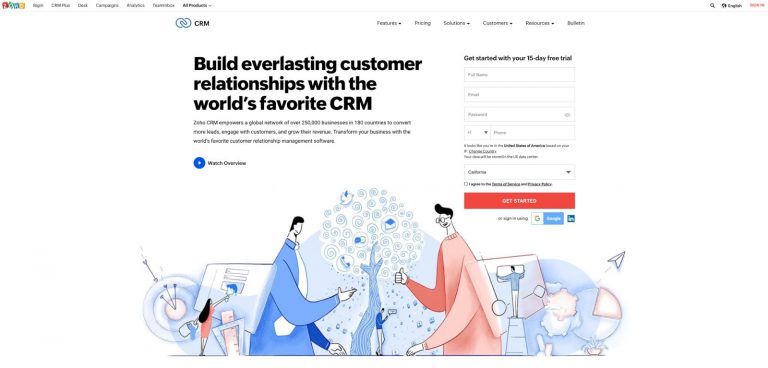
4. Microsoft Dynamics CRM
The CRM system developed by Microsoft was designed for larger organizations with complex customer relationship needs.
Effective at tracking customer data including email interactions, appointments, and phone calls, Microsoft Dynamics can generate leads and increase conversion.
It has an attractive interface and numerous automation features that will streamline workflows for your team. With its exceptional reporting tools, Microsoft CRM connects building materials companies with customers and drives business agility.
Marketing integration ensures effective execution of campaigns and social messages, effectively increasing lead conversion and encouraging customer loyalty.
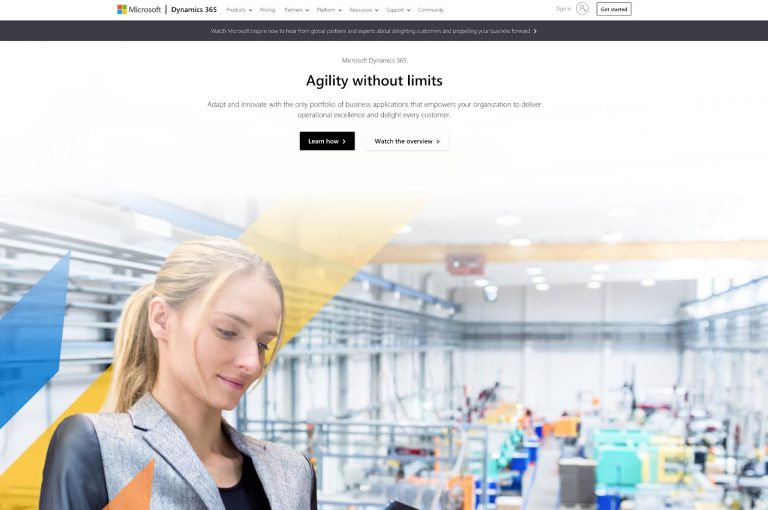
5. Zendesk Sell
Zendesk Sell is one of the top CRM solutions for smaller businesses, and it tracks all customer interactions in a single user interface.
Building materials companies choose Zendesk Sell because it is easy to use and quick to implement, which helps to establish more effective processes within days of implementation.
Zendesk Sell focuses on customer support, and enables entire teams to access customer information. It is a cloud-based CRM software that provides an intuitive end user experience, and effective tools that enable your staff to manage the sales pipeline and drive profit.
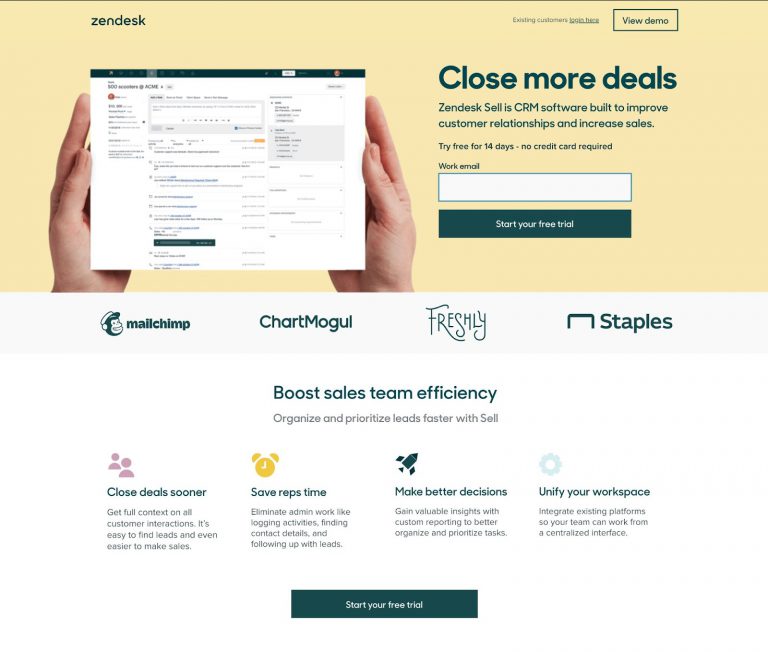
Build Relationships With Confidence
Properly using a CRM system helps building materials companies organize and manage customer data, as well as build better relationships.
The implementation of a CRM system can streamline workflows, improve active communication, generate leads, and drive profit.
The best CRM solution may not be the same across various businesses. The size and requirements of your building materials company will determine which CRM software is the best fit for you.
According to Forbes, customers reward the companies that they enjoy doing business with by coming back and paying more. In fact, research found that 68% would pay more to the company that provides better service.
Technologies such as CRMs and integrated store locators from Bullseye help clear the fog of uncertainty surrounding the sales process and open new doors to enhance the bottom line.
Sign up for a demo today to learn more about how Bullseye can convert your “where to buy” page into a lead capturing tool.

